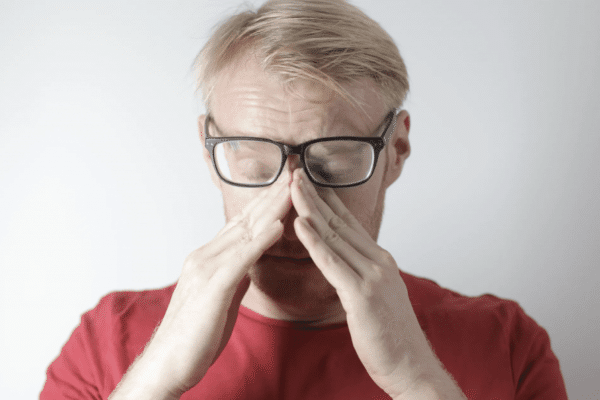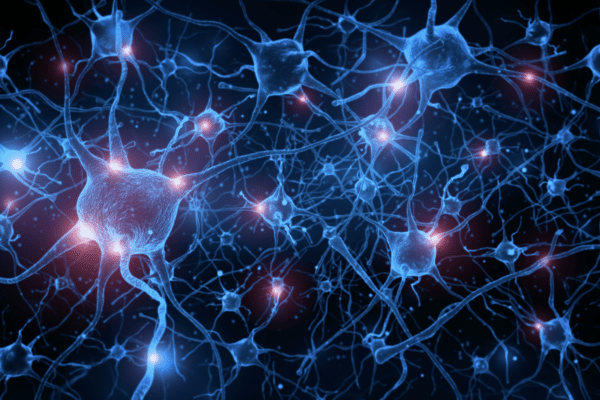Alcohol Detox at Home: How to Do It Safely with Professional Help

If you’ve made the choice to become sober, know that you are making an incredible decision for yourself, and should be very proud.
Before you embark on this journey, make sure you consult with a doctor. Alcohol withdrawal can be very difficult and painful, both emotionally and physically, and can even be dangerous for your health. When a person is physically dependent on alcohol, ridding the body of it is a serious process and it does not happen overnight. It’s important to have a plan and solicit professional advice for treatment before starting the process.
5 Warning Signs You May Need Alcohol Detox Treatment
1. Blackouts, Memory Loss, and Tremors
If these symptoms occur, it indicates alcohol use is at a dangerous level and that physical dependency may have developed.
A blackout occurs due to a rapid rise in blood alcohol content, BAC, to a level that is too high. When the brain forms memories, the brain receives sensory input from your surroundings, processes it, stores it into short-term memory, then into long-term memory. If the blood alcohol level is too high, the brain’s ability to process new information becomes impaired. So, even though a person may be interacting with the environment, the brain is unable to make new memories. Cognitive function literally shuts down. This typically only happens with people who are abusing alcohol.
Another sign of dependency is delirium tremens. Delirium tremens, (DTs) is a type of severe withdrawal from alcohol. It usually starts about 2 to 3 days after someone who’s dependent on alcohol ends a long drinking binge, but could occur as long as 10 days after the last drink. DTs usually lasts for 2 to 3 days, but symptoms may linger for as long as a week.
If untreated, delirium tremens can cause a heart attack, stroke, and death. Physical effects may include shaking, shivering, irregular heart rate, and sweating. People may also hallucinate. If someone is experiencing the symptoms of DTs, they must be treated in the hospital immediately.
2. Drinking Alone
Drinking alone, hiding the amount and/or frequency of when a person drinks are all signs of a drinking problem that may require detox. When a person who drinks has feelings of embarrassment about his/her drinking, fear of not being able to get enough alcohol, or confusion as to why he/she cannot stop drinking, it may be helpful to speak to a medical professional.
Alcohol should not be used as a form of self-medication. Anyone who is unable to relax without drinking, or participate in typical activities without drinking may indicate the unhealthy use of alcohol as a coping mechanism. A medical provider who specializes in addiction treatment can help determine this and make helpful recommendations.
3. Irritability or Mood Swings
Irritability and mood swings when a person is unable to drink, either because there is not an available supply, or because they find themselves in a situation where they should not drink are both symptoms of addiction. When the only thing that makes a person feel better is being able to drink alcohol, there is a problem that may need medical help as well as detox.
4. Isolation From Friends and Family
Drinking too much may cause a personality change resulting in friends and family not wanting to be around the person who drinks and they may even set boundaries such as telling their loved one that they will not spend time with him/her while he/she is drinking. If a person who drinks chooses to isolate over engaging in relationships and spending time with loved ones, this indicates that alcohol use is dangerous.
5. Making Excuses to Keep Drinking
If drinking excessively progresses to the point when someone is not meeting his/her responsibilities, or is making up reasons to continue drinking, there is likely a true problem with alcohol. Any lying or rationalizing bad behaviour or choices points to addictive behavior that probably requires professional help.
4 Safety Tips for a Successful Alcohol Detox At Home
Alcohol withdrawal is a difficult process that is best managed by a healthcare professional who is trained in addiction treatment. An addiction treatment medical provider can prescribe medications to keep a person as comfortable as possible during the detox phase. In addition to making the detox tolerable, these medications are used to keep a person safe from the life threatening withdrawal symptoms that can be experienced when there is no more alcohol in the body. Frequently done during a hospital admission, under certain circumstances a detox can take place at home
1. Make A Plan with People
Uncomfortable withdrawal symptoms can quickly drive someone to relapse, so to do a complete home detox, it is important to have a friend or family member stay with the person. Alcohol withdrawal can be terrifying, isolating, and anxiety provoking. Having a supportive person to remain present during a home detox will increase the likelihood of success. A detox should only be started after consulting with a medical professional to collaborate on how to do it safely and use necessary precautions.
2. Hydrate
The absence of alcohol in a physically dependent person can trigger withdrawal symptoms such as anxiety, depression, fatigue, lack of appetite, nausea, and vomiting. Drinking lots of fluids will combat some of the fatigue and headaches and help the body flush out all of the toxins. Water, juices, gelatin, chicken/beef broth, and sports drinks are all good choices for staying hydrated and combating withdrawal symptoms.
3. Balanced Diet
Alcohol withdrawal syndrome can also be exacerbated with poor nutrition. Drinking heavily usually coincides with a lack of healthy diet, depriving the body of important nutrients.
Withdrawal symptoms can include lethargy and impaired decision making. Eating a variety of foods from all of the main food groups will help your body recover more quickly.
4. Vitamins
If a medical provider prescribes medications to ease withdrawal symptoms, a patient may benefit from taking vitamin supplements as well. A multivitamin is often the first place to start. It is appropriate for a patient to ask the provider for guidance about taking additional vitamins, such as B, C, E. If the doctor is not well versed in vitamins and a patient does his own research on vitamins he/she would like to add to the detox, it is important to ask the provider prior to taking anything with the detox medications.
How To Detox Safely With The Help Of An Outpatient Alcohol Treatment Center
It is possible to detox at home through an outpatient alcohol treatment program. A reputable program will offer support throughout the detox. When the detox is complete and the patient is physically stable, the person can begin the next phase of healing from alcohol abuse. If a person who meets the diagnostic criteria of alcohol use disorder completes a physical detox but does not continue to work on the emotional, mental, and usually spiritual consequences of alcohol addiction, long term sobriety is unlikely.
Step 1
Call us to schedule an appointment. Our team will work closely with you to schedule your intake appointment. During this appointment, our recovery team can talk with you and make recommendations to safely detox as well as create a personalized plan for recovery for you.
Step 2
At r your appointment, you’ll meet your recovery coach and medical provider who specializes in addiction medicine. They’ll explain the detox process and the support available to you. They will be available to answer all of your questions and make sure you feel comfortable and supported the entire time.
Step 3
After your appointment, you’ll pick up whatever medication the physician has prescribed. Outpatient detox and detoxing at home doesn’t mean doing it alone. You should have a friend or family member with you, but your recovery coaches and physicians are here for you as well. They will work with you to create a recovery plan that helps you detox from alcohol and transition into recovery.
If you have questions about this at-home process and are wondering if this is the best path for you, contact our team. Call Master Center for Addiction Medicine today and let us help you safely detox from alcohol.


